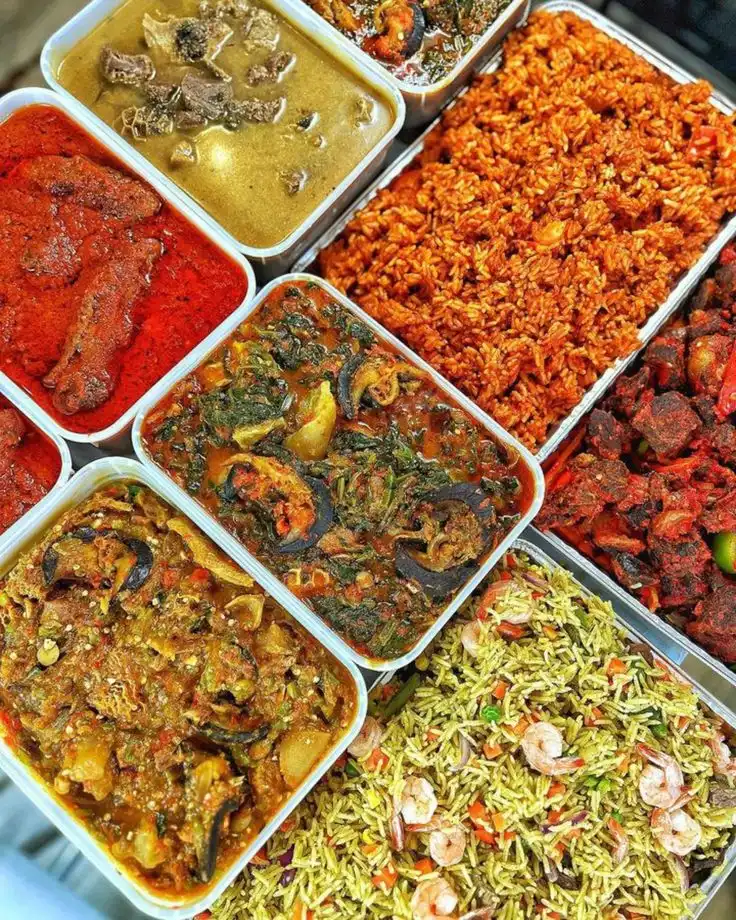Across Africa, a growing number of people are turning to vegetarian lifestyles, blending tradition with modern values.
Before colonization reshaped diets with meat-heavy Western influences, many African communities thrived on plant-based meals.
Dishes like Ethiopia’s Misir Wat, a spicy lentil stew, or Nigeria’s Egusi soup, rich with greens and seeds, highlight a heritage where vegetables, grains, and legumes were staples.
Today, this shift back to ancestral eating is gaining momentum, driven by health, cultural pride, and a desire for sustainability.
Health Benefits Lead the Way
Health concerns are a key motivator. In Zimbabwe, individuals like Tendai Chipara adopted plant-based diets after battling type-2 diabetes and other ailments, finding relief in traditional recipes like muriwo une dovi (greens with peanut butter).
Studies suggest vegetarian diets lower risks of chronic diseases such as diabetes, heart disease, and obesity, which disproportionately affect African populations due to nutritional transitions toward processed foods.
This move reflects a practical response to rising lifestyle-related illnesses, with people rediscovering the medicinal value of their native cuisines.
Honoring Heritage Through Food
Cultural reconnection fuels this trend. Chefs and bloggers, such as Ghana’s Afia Amoako and Nigeria’s Tomi Makanjuola, are reviving plant-based dishes that honor their roots.
Amoako’s “red red,” a bean and plantain stew, and Makanjuola’s vegan pepper soup showcase how African flavors thrive without meat.
This resurgence challenges the notion that meat signifies wealth—a colonial legacy—and instead celebrates the diversity of pre-colonial diets.
For many, going vegetarian is a way to “decolonize” their plates, reclaiming a history where animal products were occasional, not central.
Sustainability as a Driving Force
Environmental awareness is also pushing the shift. Plant-based diets use fewer resources—less water, energy, and land—compared to meat production, which contributes heavily to greenhouse gases.
In South Africa, where meat-heavy “Braai Day” celebrations dominate, a growing movement of Black vegetarians is rethinking this norm, linking their choices to climate action.
Research shows vegan diets have the lowest environmental impact, and as Africa faces land pressures from industrial farming, this lifestyle offers a sustainable alternative that supports local ecosystems and food security.
Challenges and Opportunities
Despite the rise, challenges persist. Meat remains a status symbol in some areas, and access to diverse plant foods can be limited, especially in poorer regions.
Yet, this opens doors for innovation—vegan restaurants and food trucks, like Atlanta’s Slutty Vegan, are sprouting up, led by African entrepreneurs.
Education and community support are growing, helping people adapt affordable, heritage-based meals.
This movement could reshape Africa’s food landscape, balancing tradition with a sustainable future.




















